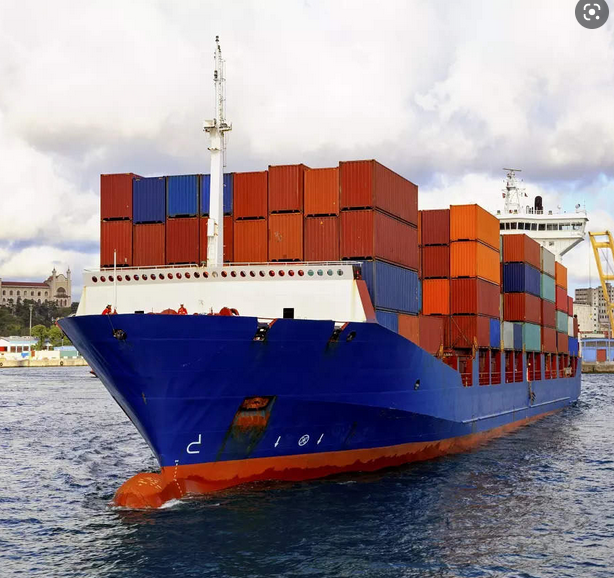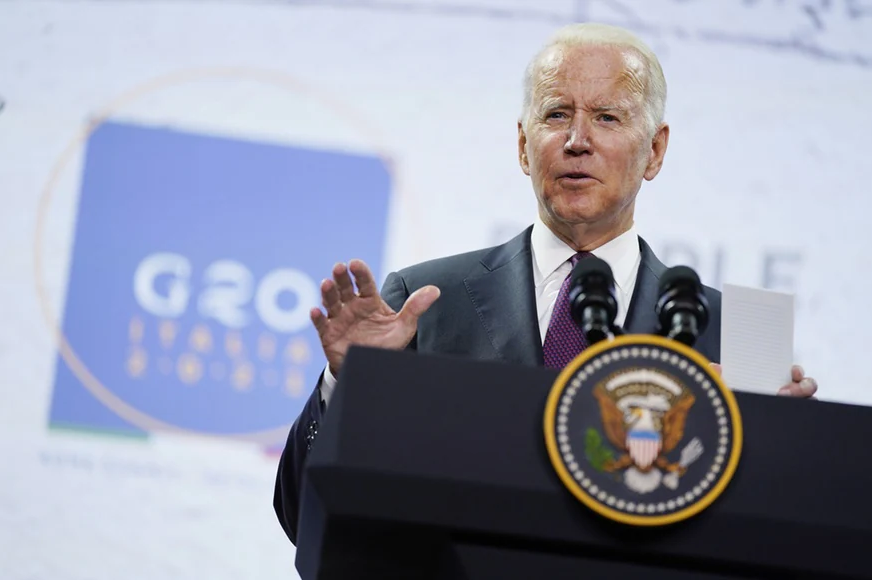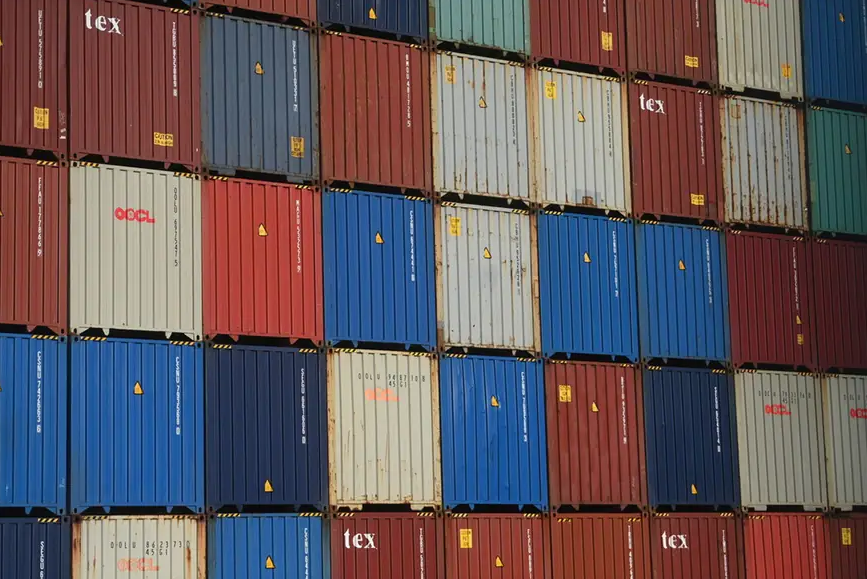Big consumer brands are leaving Russia in droves but for many Swiss companies untangling ties isn’t that easy. Last week Swiss chocolate maker Lindt & Sprüngli joined a chorus of brands like McDonald’s closing shops and suspending deliveries to Russia after its invasion of Ukraine. The decision by Lindt & Sprüngli took some by surprise. The company’s CEO, Dieter Weisskopf, had said during its annual results call a day before, that it was planning to keep operations running in Russia. “We’re not supplying arms or petrol, bear that in mind. But we’re monitoring the situation closely,” Weisskopf is quoted in the Financial Times. Less than 1% of the company’s sales were in Russia so the temporary halt wasn’t a financial blow. Russia exports more chocolateExternal
Topics:
Swissinfo considers the following as important: 3.) Swissinfo Business and Economy, 3) Swiss Markets and News, Featured, Multinationals, newsletter
This could be interesting, too:
Nachrichten Ticker - www.finanzen.ch writes Die Performance der Kryptowährungen in KW 9: Das hat sich bei Bitcoin, Ether & Co. getan
Nachrichten Ticker - www.finanzen.ch writes Wer verbirgt sich hinter der Ethereum-Technologie?
Martin Hartmann writes Eine Analyse nach den Lehren von Milton Friedman
Marc Chandler writes March 2025 Monthly
Big consumer brands are leaving Russia in droves but for many Swiss companies untangling ties isn’t that easy.
Last week Swiss chocolate maker Lindt & Sprüngli joined a chorus of brands like McDonald’s closing shops and suspending deliveries to Russia after its invasion of Ukraine.
The decision by Lindt & Sprüngli took some by surprise. The company’s CEO, Dieter Weisskopf, had said during its annual results call a day before, that it was planning to keep operations running in Russia. “We’re not supplying arms or petrol, bear that in mind. But we’re monitoring the situation closely,” Weisskopf is quoted in the Financial Times.
Less than 1% of the company’s sales were in Russia so the temporary halt wasn’t a financial blow. Russia exports more chocolateExternal link than Switzerland these days.
Whether it’s sanctions, supply chains, solidarity or reputation, many companies are opting to leave rather than explain why they are staying in Russia. On Tuesday, Novartis joined several other pharma companies in scaling back operationsExternal link in Russia. Nestlé stopped advertising and new investments in the country but has been under pressure by some groups for continuing to supply essential goods.
While the optics of seeing Swiss chocolate on supermarket shelves in Russia aren’t good, these aren’t where the real problems lie for many Swiss companies. Many have been intertwined with Russian money for years. Russian billionaire Viktor Vekselberg, who is a resident of Switzerland and on the US and UK sanctions lists, is an investor in big Swiss machinery companiesExternal link.
Another exposed sector are the commodity traders that “thrive in times of conflict by keeping their heads down and capitalising on volatilityExternal link” the Economist wrote a few weeks ago. According to one statistic, Switzerland is responsible for over 80% of all trading contractsExternal link for supply of raw materials from Russia but there’s no breakdown of this anywhere – an illustration of how opaque the industry is. The Swiss government and NGOs have starkly different accounting of Switzerland’s market share in commodities.
Big traders like Trafigura and Glencore condemned the attacks and said they comply with sanctions but are reportedly still loading oil productsExternal link in Russian ports. Companies told media agencies that they are fulfilling pre-invasion contractual obligations.
But there are many more companies under the radar. Bloomberg reported that trading houses with ties to Russian oligarchs are peppered all over the low tax canton of Zug. Local officials estimate that there are at least 40 companies connected to Russia that employ about 900 people in the canton. Twenty firms identified as Russian by the canton paid CHF31 million ($33 million) in cantonal and municipal taxes in 2020.
But the “the true scale of Russian operations in Zug is hard to determine because Swiss registration rules demand limited information from companies looking to do business there,” writes Bloomberg.
What do you think about how companies are reacting to the war in Ukraine? [email protected]
What else caught my eye?
Data leak implicates Swiss mining company in pollution coverup. The “Mining Secrets” investigation, published on March 6, involving 65 journalists including from Swiss public broadcaster RTS, found Solway Investment Group concealed reports of pollution by two of its subsidiaries in northeast Guatemala. The leak included thousands of emails, charts and internal company documents delivered in bulk by an anonymous informant. The Zug-based company, which is also accused of intimidation and influence peddling, “refutes the allegations” saying they are “without factual basis.”
Switzerland announced its stepwise plan to meet the global corporate tax rate. The plan is to introduce a supplementary tax aimed specifically at large companies that pay below the 15% threshold. However, because there is no legal basis for taxing a company based on size parliament has to agree to changing tax laws.External link The deadline for review by parliament and the cantons is June 18, 2023. With this timetable, the government expects the tax deal to be introduced in 2024, a year after other countries agreed to implement the deal. Now comes the debate, writes the NZZ paper, about what to do with the extra money in state coffersExternal link.
Swiss parliament paves way for genome editing. After the House of Representatives, now it’s the Senate that agreed to an exemption to the GMO ban, which has been extended until 2025, to allow for the use of genome edited technologies in agriculture. The Swiss media reported this as the beginning of a U-Turn in a country that has had a hardline on GMOs. The details are still to be worked out, but the seeds have been planted.
Investors press Credit Suisse on climate change exposure. A group of 11 investors with more than CHF2.2 trillion ($2.4 trillion) in assets filed a shareholder resolution last week calling on Credit Suisse to cut its lending to fossil fuel assets and provide better reporting of climate risks. If the resolution is taken to a vote at the bank’s annual general meeting scheduled for April 29, it would be the first climate-related shareholder resolution to be voted on in a Swiss company.
Thanks for reading.
Tags: Featured,Multinationals,newsletter









